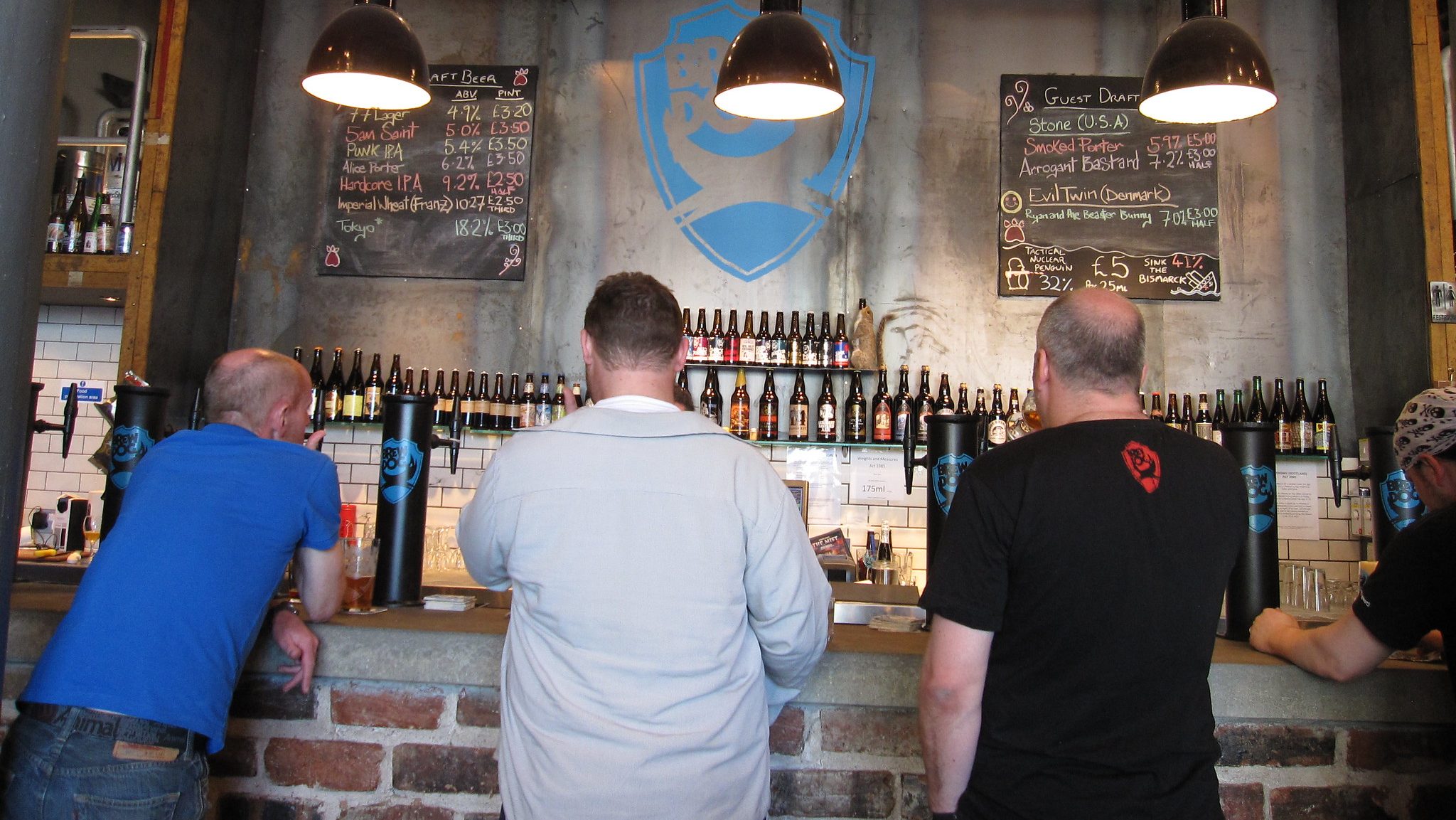BrewDog’s CEO James Watt has stepped down after 17 years in which he took the Punk IPA makers from upstart brewers to a corporate behemoth with a “controversies” section of its Wikipedia and sales in the hundreds of millions of cans.
Allegations of a toxic culture and low pay have dogged the Scottish badboys of beer. But Watt’s departure marks a point, say experts, where the chickens may be coming home to roost – and shows how consumers want companies to make good on their ideals.
In an ostensibly type-written and hand-corrected letter, the CEO of the £1.6bn-valued company announced his resignation, saying he was “grateful for the tough times” and the “learnings they provided, the resolve they instilled and the perspective they offered”. He will now transition to being “captain and co-founder” of the beer company.
Since being founded in 2007, BrewDog has become a giant of the beer world, and rumours now swirl it is preparing to float on the stock market. With beer names including Tactical Nuclear Penguin, Speedball, and No Label, the world’s first “non-binary, transgender beer”, the brand traded on its edgy image.
Watt criticised fellow 2010s craft beer darlings Camden Town after the brewery sold up to AB InBev in 2015, vowing to stop stocking its beers. BrewDog initially raised investment from supporters through the “Equity for Punks” scheme, and was named a Big Issue Changemaker in 2020. But scale and time can take its toll, says Graham Soult, retail consultant at CannyInsights.com.
“One of the biggest challenges for any expanding hospitality or retail business is trying to keep growing at the same time as not jettisoning what made them special and popular in the first place,” Soult told the Big Issue.









